An Editor's Perspective
Two weeks ago, our (not so) humble author hired an editor to review her manuscript and provide 'comprehensive edits'. Five days ago, I received half of my manuscript (Book I) marked up in red.

It's a humbling experience. I am fearful. I am both excited and anxious for what the editor advises. I steadied myself—with a tub of ice cream on hand...
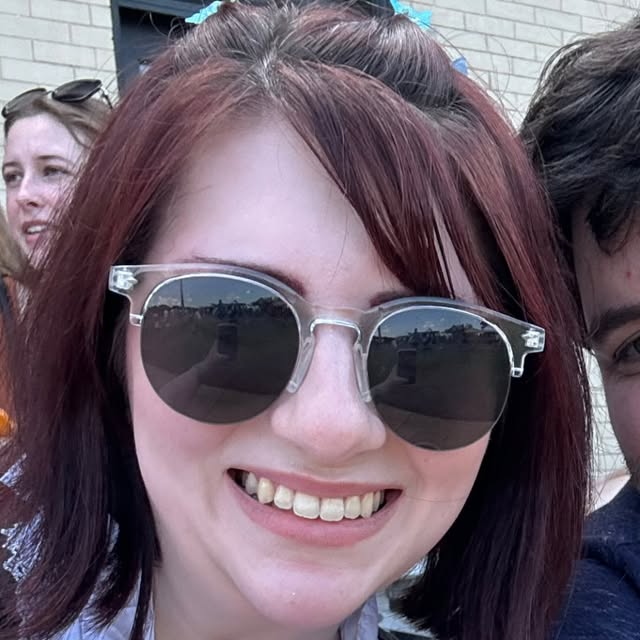
If it makes my work more polished, so be it.
What to Expect from an Editor
My worries ranged from my work needs a massive re-write for POV/narrative voice to the editor not 'getting' the deeper complex notes of my composition.
I'd heard horror stories of authors having to rewrite perspective, rewrite tense, or rewrite entire logic puzzles of their work. Another author recalled having her entire manuscript completely rewritten—by someone who fashioned himself an expert.
There's no moving forward as a author without having at least one editor review your work.
Could I use ChatGPT?
Will ChatGPT understand the nuances of the work? 80K words+ is prohibitive for 'free' versions. Can you imagine this experiment? Let someone else do it. Not me.
Despite revising my work with Grammerly prior to submitting it to my editor/literary agents—I received a long list of improvements that I am not convinced an AI-based editor would identify.
Maybe that factors in differently for you. I would say whether an AI edited novel is complete, is subjective. I know at least one self-published author who claims success in AI editing his work. Who am I to question his idea of 'done'? There are books I'm reading that I believe could be better baked. I was under the impression my first novel was good until I realized it was not.
We're getting into art being in the eye of the beholder... why edit at all?
The Quest for a Human Editor
It's no different than refusing to be coached to run a marathon despite being able to run 10-20K. What are you afraid of? Being watched? Being told your form is no good? Being told you should broaden your stride or improve your breathing? Sure, you can read blogs and improve, but nothing compares to human guidance to reach a higher level of achievement.
I return to MY first principles—feedback is a gift. I can always refuse it. That said, an editor is an expensive gift for which I'm paying out of pocket.

To pacify my worries—can I transform the experience of an editor reviewing my manuscript into a workshop?
- Spoken like a true product person.
What's in it for me?
Setting My Boundaries & Expectations
- Am I learning from this experience—what can I learn to become better at?
- If I blindly accept her changes—does the work read better?
- Do her observations add value to my story? What benefits from repetition, redefinition, or clarification upstream or downstream?
- An editor looks for consistency. Is my style confusing to the end reader? Am I being consistent?
- A good editor will suggest ways to make it easier to be consistent. For example, putting to sleep the often debated 'when to italicize inner dialogue or flashbacks' and reworking the chapter to minimize italicized text to benefit your reader.
What am I willing to change?
Given a mature manuscript following countless revisions, beta readers, sensitivity readers, etc. How do I define what is my darling? What will I defend to my last breath? What are the "darlings that shouldn't die"?
What's necessary to the wider story context?
Milestones | Character development | Settings/Scene
What can change? The words I use to describe them and the inbetween.
Most suggested edits are to clarify or correct my choice of words.
I precondition myself to pause and reconsider when my editor's suggestions affect the story's milestones, character development, or setting/scene that unfold the wider story.
For example, in the story of the tortoise and the hare: the type of racetrack could change... but they must be in a race; the description of the hare and of the tortoise can change... but they must remain those animals; the details around how the hare falls asleep and races to the finish line can change, but he must by all means lose out to the tortoise.
How to Choose an Editor
Everyone's an editor these days... Instagram, Threads, Bluesky, writing group authors, literary agents, freelance editors, and anyone who has ever published a book or has an MFA? How is this even possible? How am I to find My One True Editor?
Frustrated, I looked to people I connect with.
How I Chose my Editor
Community participation gave me three touch-points with my editor:
- She contacted me a year ago to renew my membership to the WCYR.
- She contacted me again this year to renew my membership to the WCYR.
- I saw her advertised for editing workshops that I was not yet looking for.
Unawares, she had already done some editing for me: The WCYR membership questionnaire—I was supposed to answer three questions—with my ADHD I answered all the questions.
She gently suggested what I should display to the public while pointing out my mistake.
Feeling safe, and at a point where I was thinking about how to step up my query experience—I emailed her asking whether she was open to editing work.
We discussed her process and I shared my first few chapters with her.
She assessed my work.
She sent me back my introductory chapter with her edits marking up the first 1500 words.
I assessed the results of her work.
- Could she teach me a thing or two about writing?
- Did the work read better when I accepted her changes?
- Did she have observations that added value to my story? More importantly, was she interested in reading more?
At the same time, she—having assessed my work—provided me with an invoiced estimate for comprehensive edits. I would learn this is a 'catch all' term.
I was still cautiously optimistic and fearful of all the things mentioned above.
My background check
✅ She has good standing in the community. She was invited as a panelist at our recent conference. She is in good company with peers who are well established and experience as authors. She has worked with publishers and international authors. She has a network.
✅ She's a prolific author with a broad range from children's picture books through to speculative and creative writing manuals. She has edited for numerous authors listed on her website. The parallels mark her as a version of me ten years from now. She can relate to me?
✅ This is her passion and her main income. She isn't getting side tracked. She means business.
✅ While she can be a mentor to me, I am a mentee with product marketing experience. Perhaps a conversation for a later date, but if I can help her with mindset coaching, marketing, or a fresh take on revitalizing her book sales, then that's an added bonus.
A Comprehensive Review of my Manuscript
In the early days, she reached out with questions that clarified my manuscript.
As an editor, she identifies:
- Logic issues
- Issues with narrative/perspective
- Typos, grammer, UK English vs. Canadian English.
- Roadmap flags confirming the reader's perspective as the story unfolds (e.g. he was a lion-headed man, but now he's a cat—is this intended—oh, here is where he transforms and why.)
Regrets?
Greedy me hopes I've earned myself a fan.
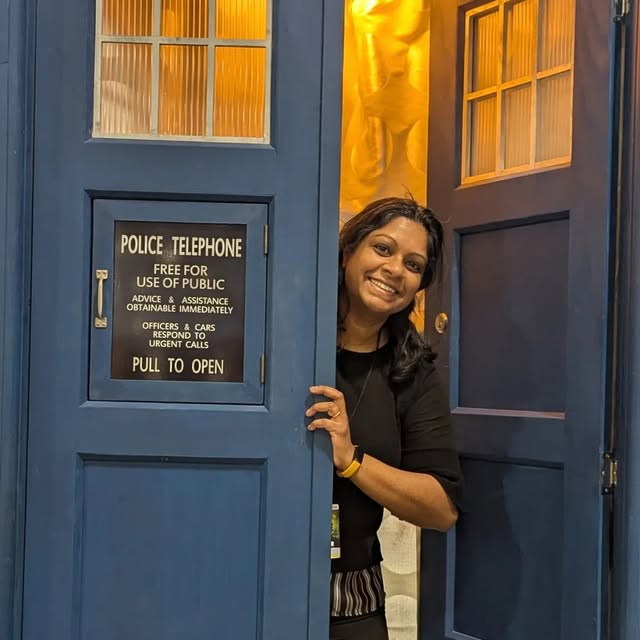
I have no regrets. We recently met in person, the benefit of hiring an editor who lives in the same region. She's half way through the manuscript. We chatted about my work as though it was already canon. I then learned of her Anthropology and Archeology background. Here I was thinking she was a former teacher. My work resonates with her. I count my lucky stars.
Next steps for me is to process her edits and make the work that much better.
Having completed a comprehensive edit of my work, it's up to me to ask or hire her to do any additional review. This is not the final copy/editing that should happen prior to publishing a work. Nor does it have to do with formulating the look and feel of the pages as the reader would read them.
A long long time ago, I was listed as a technical editor for a Drupal 7 book. Unfortunately, neither the author nor the publisher took any of my feedback seriously. They published the ill-fated book while listing me as technical editor, I have never listed this book on my resume.
I later provided editing support to the Definitive Guide to Drupal 7, I was delighted when the authors revised the work accordingly.
Having had that experience, I recognize I am on the receiving end. The edits are only as good as what I do with them.
Until then,
-D.M. De Alwis
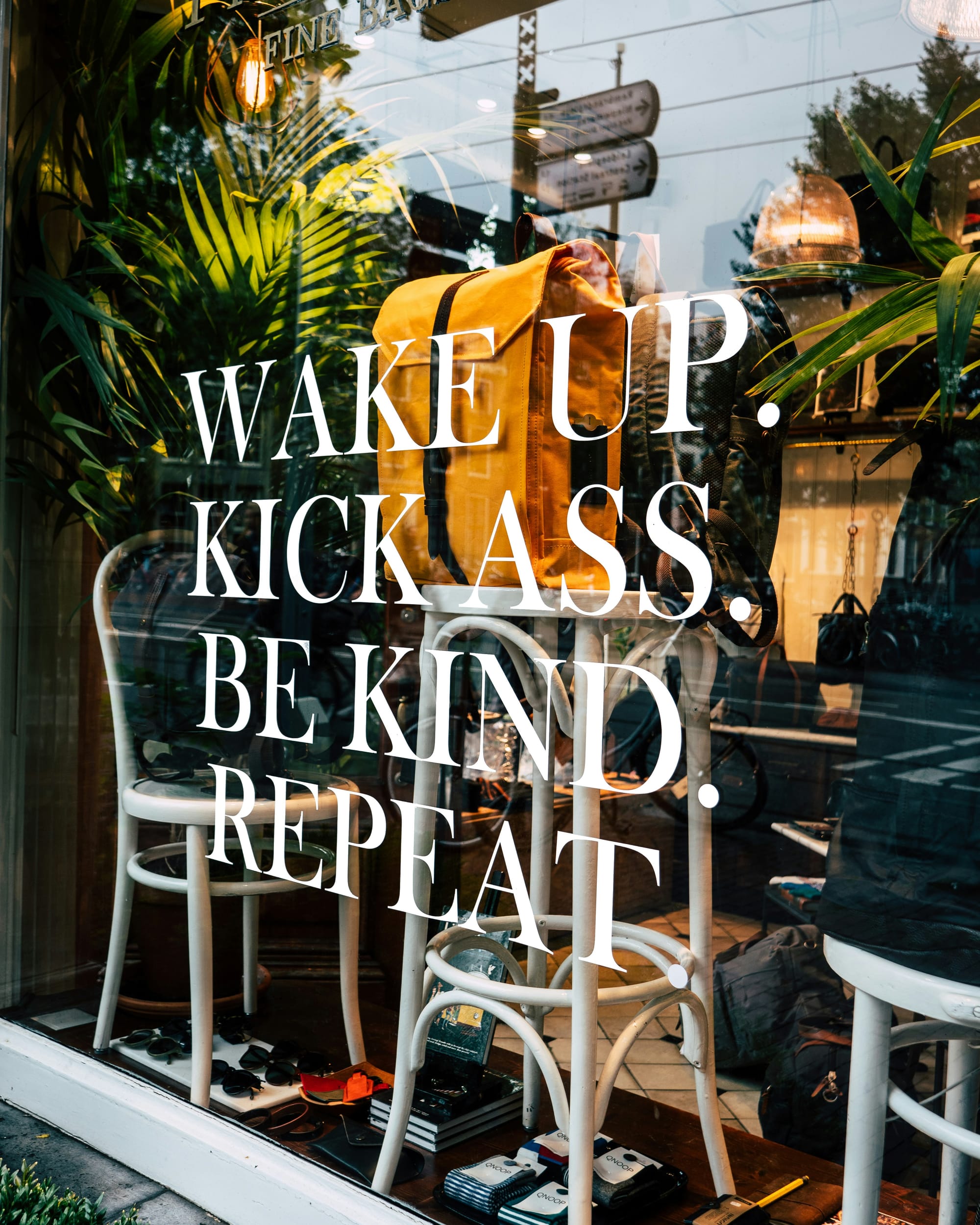
Need a Coach?
If you need help
- finishing your manuscript,
- getting your work print-ready,
- outlining your marketing and sales strategy,
- connecting with your audience...
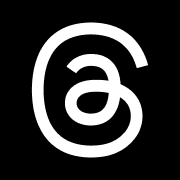

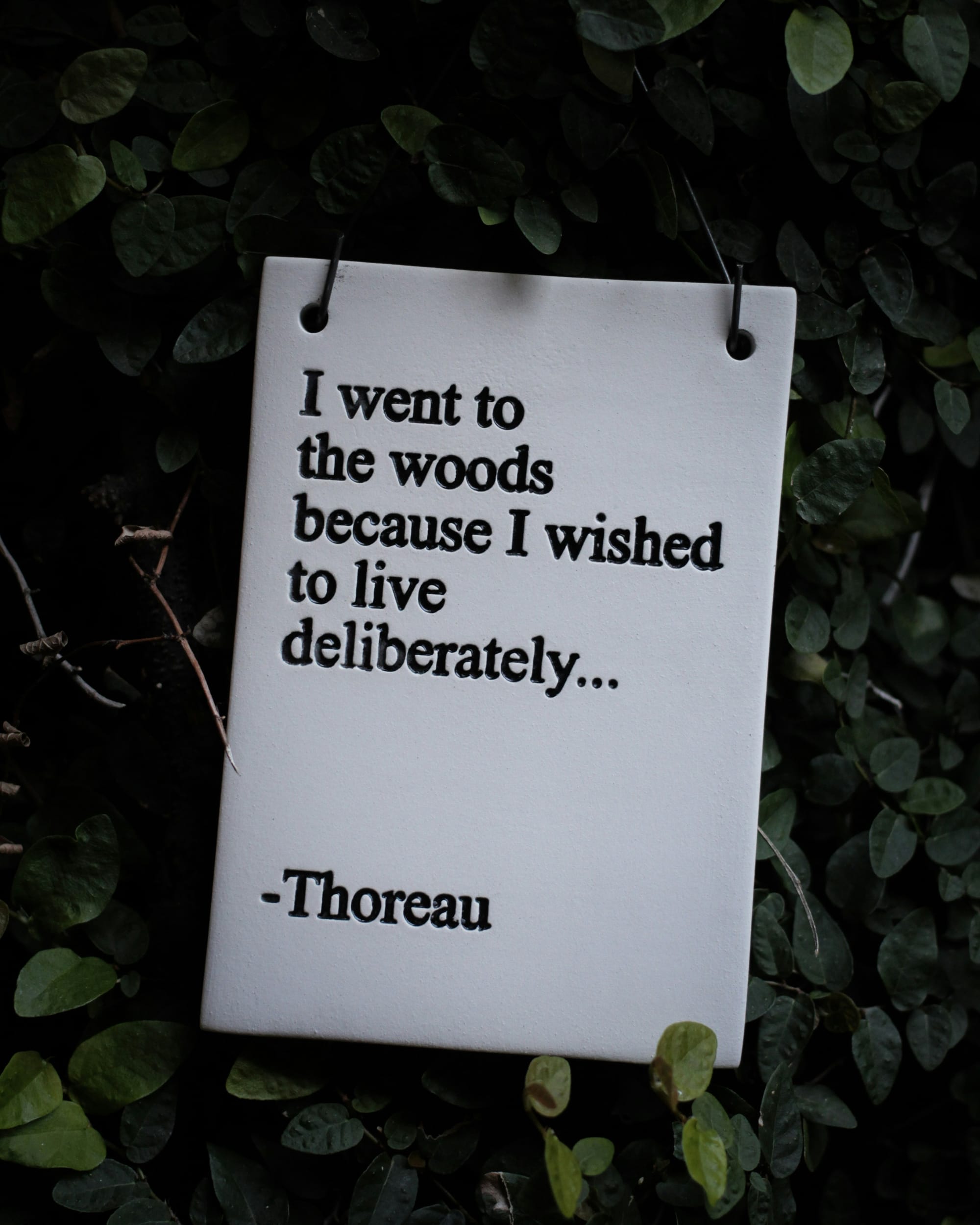
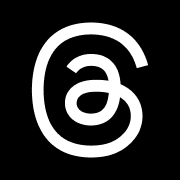
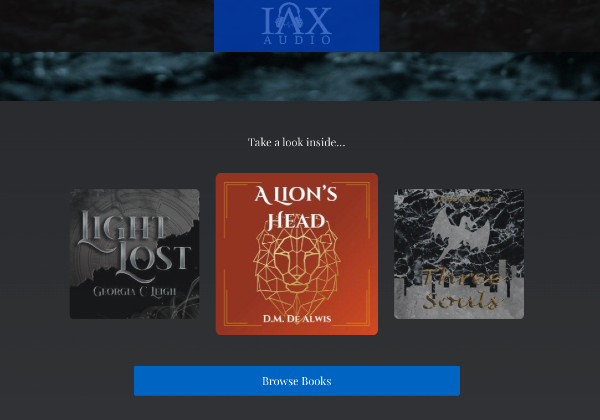



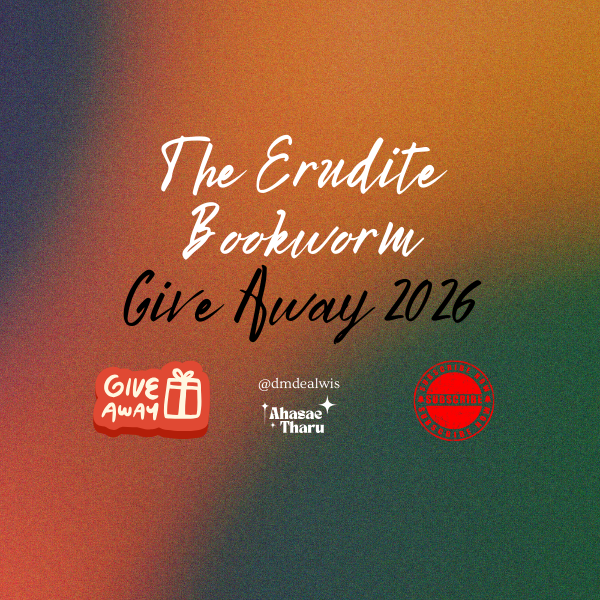
Member discussion